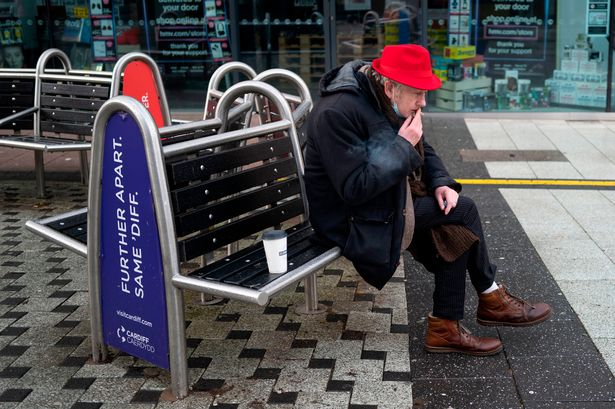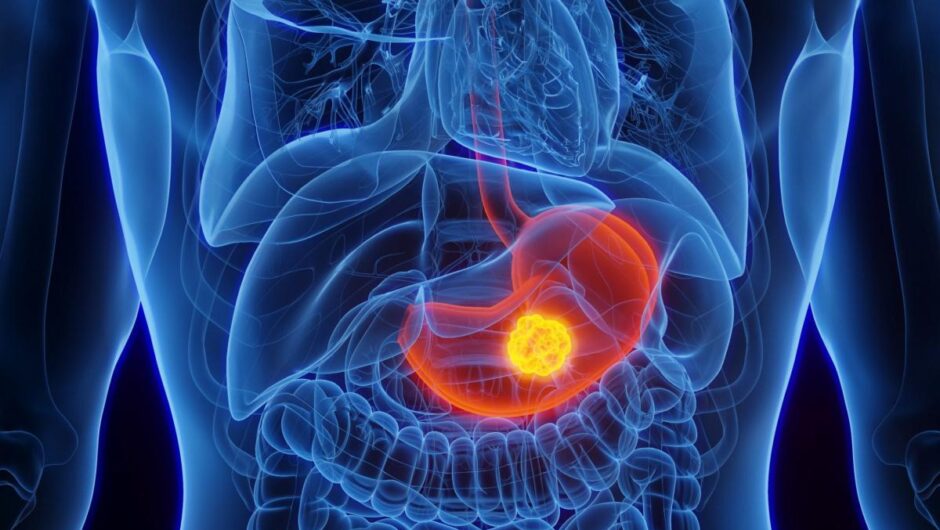[ad_1]
Eight more people in Wales have died after testing positive for coronavirus, the latest statistics published on Tuesday have confirmed.
The figures from Public Health Wales reveal that 275 new cases of Covid-19 have been confirmed in the latest 24-hour period – down from the 363 which were reported on Monday – bringing the total since the outbreak of the pandemic to 199,793.
The number of people to have died with coronavirus in Wales within a month of a positive test now stands at 5,145.
The infection rate across Wales has now dropped to 88.2 per 100,000 population based on the seven days up to February 11, a decrease from 91.6 on Monday. It is the lowest it has been since September.
The latest data also shows that 795,927 people have now received a first dose of the coronavirus vaccine, up 11,118 from the figure of 784,809 published 24 hours earlier.
Meanwhile, 7,251 people have now received both doses of the vaccine, up from 5,402 yesterday.
Uptake of the first dose by priority group (according to PHW):
80 years and older: 163,866 (89.7%) Aged 75-79 years: 122,349 (90.9%) Aged 70-74 years: 166,100 (90.1%) Care home residents: 14,308 (82.1%) Care home workers: 35,418 (84.7%) Healthcare workers: 120,538 (percentage not given) Extremely clinically vulnerable: 62,722 (80.6%)
Key details
Deaths reported today: 8 Cases reported today: 275 (down from 363)
Number of tests carried out: 5,363 (down from 8,660)
Total deaths with lab-confirmed coronavirus in Wales: 5,145 Total number of people who have received a first dose of Covid-19 vaccine: 795,927 Total number of people who have received a two-dose course of Covid-19 vaccine: 7,251
Wrexham remains the local authority with the highest infection rate in Wales with a seven-day rate of 137.5 cases per 100,000 population, down from 161.1 on Monday.
Flintshire is in second with a seven-day rate of 127.5 cases per 100,000 population, which is down from 134.5 when compared with the day before.
Powys has the third highest rate with 117 cases per 100,000, down from 120.1 on the previous day.
Cardiff reported the most new cases in the latest 24-hour period with 35, followed Flintshire with 30, Newport with 18, Carmarthenshire with 17, Wrexham with 16, Gwynedd with 14, and Caerphilly, Denbighshire and Neath Port Talbot with 12.
Meanwhile Conwy and Vale of Glamorgan had 11 new cases, Monmouthshire, Powys and Swansea all had 10, RCT had nine, Bridgend had seven, Anglesey had six, Torfaen, Pembrokeshire and Merthyr Tydfil had five, Ceredigion had three and Blaenau Gwent had one.
Across Wales, the positivity rate of tests is down to 8.2% for the past seven-day period, which is below a key Welsh Government threshold for easing lockdown restrictions. The highest rate is in Powys where 12.7% of tests have come back positive in the last week.
Read More
Related Articles
Read More
Related Articles
Cases per 100,000 based on seven-day rolling average (February 5 to February 11):
Aneurin Bevan University Health Board
Newport: 98.9 (down from 99.6)
Torfaen: 101.1 (down from 111.7)
Caerphilly: 83.9 (down from 87.8)
Monmouthshire: 57.1 (up from 52.9)
Blaenau Gwent: 90.2 (down from 94.5)
Betsi Cadwaladr University Health Board
Wrexham: 137.5 (down from 161.1)
Flintshire: 127.5 (down from 134.5)
Denbighshire: 65.8 (down from 70)
Gwynedd: 76.3 (down from 78.7)
Conwy: 99.8 (down from 113.5)
Anglesey: 105.6 (down from 107.1)
Cardiff and Vale University Health Board
Vale of Glamorgan: 86.8 (up from 81.6)
Cardiff: 100 (down from 101.1)
Cwm Taf Morgannwg University Health Board
Bridgend: 55.8 (unchanged)
Merthyr Tydfil: 64.6 (down from 77.9)
Rhondda Cynon Taf: 99.9 (down from 104.9)
Hywel Dda University Health Board
Carmarthenshire: 69.4 (down from 74.7)
Ceredigion: 24.8 (unchanged)
Pembrokeshire: 40.5 (down from 42.9)
Powys Teaching Health Board
Powys: 117 (down from 120.1)
Swansea Bay University Health Board
Neath Port Talbot: 97 (up from 84.4)
Swansea: 86 (down from 70)
Wales total: 88.2 (down from 91.6)
How many cases are there in your area? Find out with your post code:
Dr Giri Shanka, incident director for the novel coronavirus (Covid-19) outbreak response at Public Health Wales, said: “Vaccinating the adult population of Wales, to protect people from severe disease, continues at a pace but is a significant task and the vaccine will take time to reach everyone. The effects of the vaccines may not be seen nationally for some time and everyone – including those who have been vaccinated – must continue to follow the advice on keeping Wales safe.
“Although the data currently shows that on an all-Wales level the numbers of cases are reducing and that the incidence is now below 95 cases per 100,000 population, the rates in some areas – particularly in north Wales – are still at nearly double that, and there have been small increases in others.
“It is encouraging to see that the numbers of people being treated for coronavirus in our hospitals is reducing, but there are still a large number of people who are extremely ill, which means that the pressure on services is still very high.
“All of Wales remains in lockdown. We recognise that complying with the restrictions can be challenging, but coronavirus is still active in our communities and can cause severe illness and death. The reduction in the number of cases does not mean that people can meet people from other households (apart from one person for socially distanced exercise), as this can cause the virus to spread.
“As a nation, we have made so many sacrifices throughout the course of the pandemic that we really don’t want to squander the gains that have been made in recent weeks.
“We encourage everyone, whatever their background, socio-demographic and ethnicity, to have the coronavirus vaccine when they are offered it. We also stress the importance of seeking information from a trusted source such as Public Health Wales, the Welsh Government, local health board or GP.
“We continue to work to identify and investigate cases of variant coronavirus in Wales. To date, 13 cases of the South Africa variant have been identified in Wales. Multi-agency investigations continue into two separate cases that do not have clear links to international travel. There are no cases of the variants associated with Brazil.”
Read More
Related Articles
Read More
Related Articles
[ad_2]
Source link







